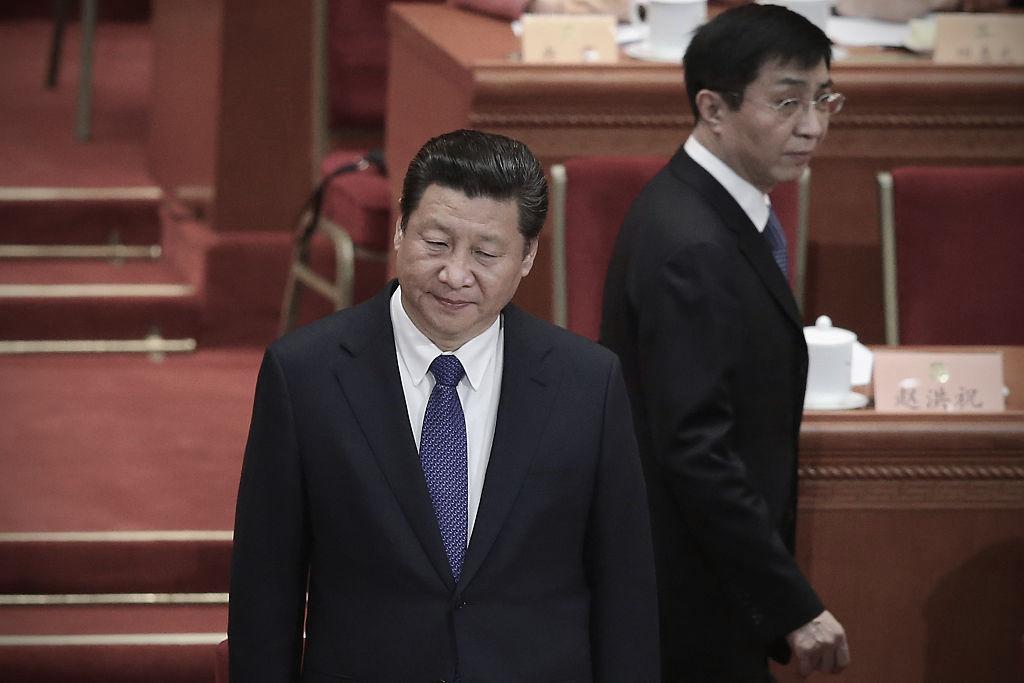WASHINGTON—Religious freedom should be an important facet of any new or retooled trade agreement between the United States and China, an expert said during a briefing on human rights and religious freedom in China.
In the briefing on Oct. 11, hosted by the International Religious Freedom Caucus and the International Religious Freedom Roundtable (IRFR), representatives for the World Uyghur Congress, the spiritual discipline Falun Gong, and other organizations provided updates on persecutions each group has been subjected to in China and called for action by the United States.
Since the first Ministerial to Advance Religious Freedom in July, during which Vice President Mike Pence mentioned religious suppression in China, the U.S. government has been“injecting religious freedom into the bilateral relationships” on trade, economic development, national security, and other issues, said Greg Mitchell, managing co-chair of the IRFR.
“What they need to do is to follow through,” Mitchell said. “If we renegotiate new trade policies so that there is not a tariff war, one of the conditions should be, they need to start to improve religious freedom as part of the new trade agreements.
“We can keep tariffs and sanctions in place unless they improve on religious freedom. They have to follow through with actions,” he said.
Zhang Erping, spokesperson for the Falun Dafa Information Center, is hopeful of improvement under the Trump administration’s new China policy.
“The Chinese Communist Party’s persecution of Falun Gong has lasted for more than 19 years. It is the most ruthless and the largest-scale persecution in Chinese history,” Zhang explained. “Without including Falun Gong in the human-rights dialogues or agenda, the talks will be incomplete, and lack substantiality.”
Zhang also hopes that the U.S. government can fund anti-censorship technology, such as Free Gate and Ultrasurf, to help bring down the Great Firewall that censors the internet in China.
Zhang said the Harvard Berkman Center for Internet and Society regards these two products as providing the most reliable free services to users in China, “yet, they need federal funding to continue operating.”
“Freedom of information is proven to be the most powerful factor for social change in a closed society, and the least expensive way to help bring about a peaceful transition to democracy,” Zhang said.
Tina Mufford, deputy director of research and policy of the U.S. Commission on International Religious Freedom, said that the U.S. government should take a whole-of-government approach to address the religious-freedom issue in China, and include human rights during all sort of dialogues, such as on trade, finance, agriculture, and commerce discussions.
“With the Chinese government, you really need to be persistent. Saying it once is virtually meaningless.”
Mufford said that every level of the U.S. government should mention human rights in every interaction with their Chinese counterparts.
Mufford says that although the Global Magnitsky Human Rights Accountability Act is a powerful tool to hold Chinese individuals, government or agencies accountable, “There are so many individuals and agencies that could be sanctioned. And it is not happening,” she said.




